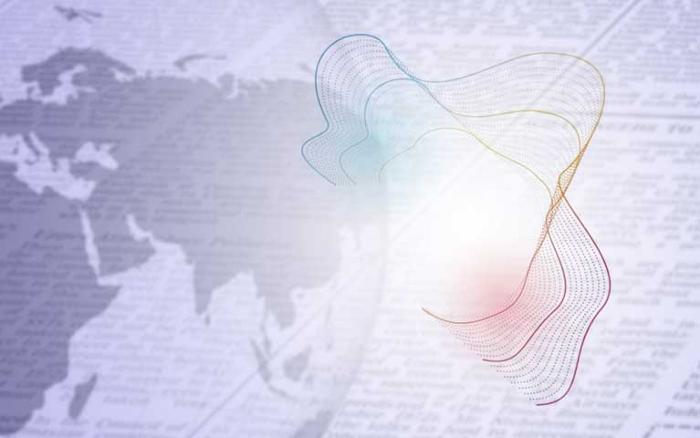

Marta San Román (AFEC): “Manufacturers invest in innovating".

In the following interview, Marta San Román, General Manager of the Association of Air Conditioning Equipment Manufacturers (AFEC), explains the technologies that are becoming increasingly important in the air conditioning sector. She assures us that manufacturers are devoting a great deal of resources to innovation, research and development, and are always on the lookout for regulatory changes.
How important are new technologies in the HVAC sector? Which ones are becoming more important?
Its importance for the sector lies in the fact that it is imperative to also share the use and progress of new technologies, whose applications are global and cross-sectoral, in a hyper-connected world with shared objectives of decarbonisation, sustainability, energy efficiency, resource use and social equity, among others.
We're talking about AI (Artificial Intelligence), IoT (Internet of Things), connectivity, regulating and controlling, measuring and monitoring, sensor technology, virtual and augmented reality, energy storage, renewable energy applications, sustainable and environmental technologies to reduce carbon footprint and waste, etc., which are of great importance in our sector. To improve indoor air quality, adaptive ventilation, advanced filtration, purification, ultraviolet disinfection and others are becoming increasingly important.
How are the manufacturers preparing themselves to meet the challenges posed by all these technologies?
Manufacturers are often at the forefront of new technologies in many cases. They devote significant resources to innovation, research and development, and are constantly on the lookout to anticipate regulatory changes and their impact throughout the supply chain to the end user. This means embracing technological change and driving it forward. But it also means supporting all stakeholders as they face these challenges.
This is the only way to explain the progress made by the sector. Solutions are adapted to the market, always seeking to minimise economic, environmental, safety and sustainability impacts.
How does this also help to improve the effectiveness of air conditioning products?
From prehistoric times, through the Industrial Revolution, to the present day, technology has been used to simplify mechanisms and procedures; facilitate processes and applications; save time, money, effort and energy; rationalise and reduce waste; and improve the quality of life through greater comfort, convenience, health and well-being.
Air conditioning, heat pump, heat recovery, BACS, domestic hot water, ventilation, etc. solutions are more effective in this sense, as opposed to "efficient", by being at the forefront of the development, adoption and combination of new technologies. HVAC systems are increasingly integrating more features and evolving technologically to meet sustainable development, regulatory, economic or user experience objectives, resulting in more efficient equipment, easier installation and maintenance, reduced consumption, improved robustness, longer life and a more circular economy.




